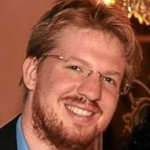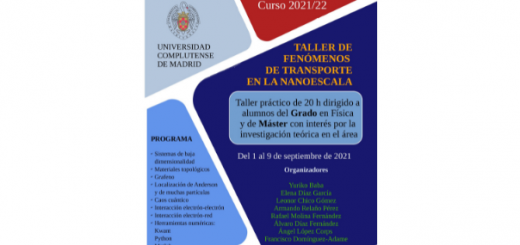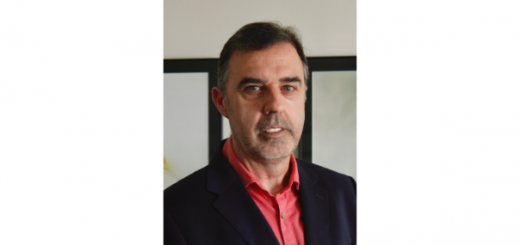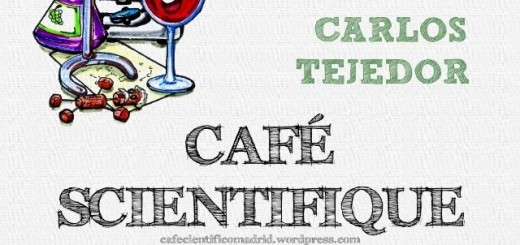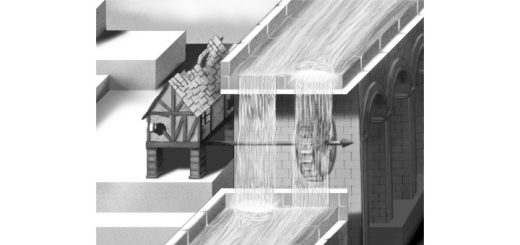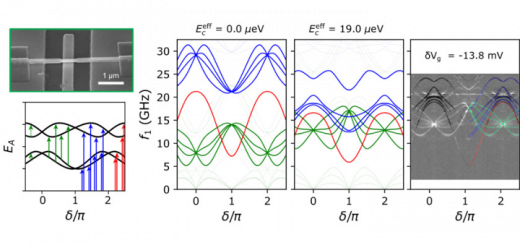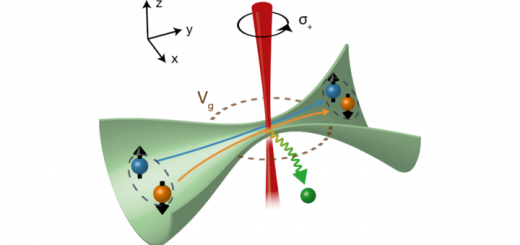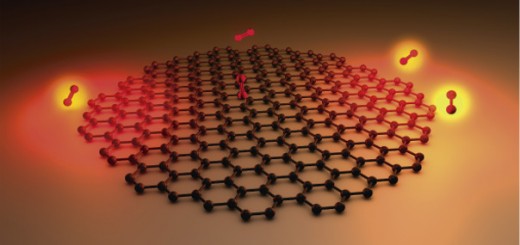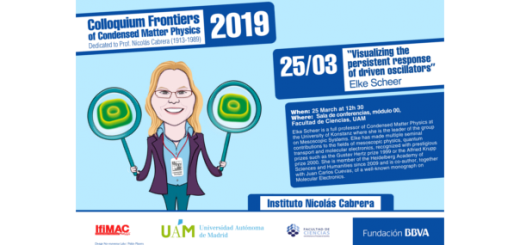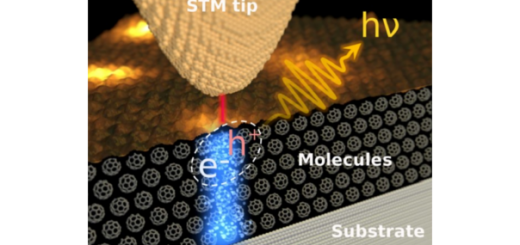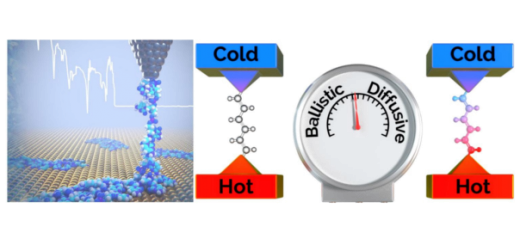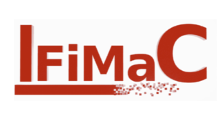ERC Starting Grant Obtained by Johannes Feist
Dr. Johannes Feist member of the Department of Theoretical Condensed Matter Physics and IFIMAC researcher has been awarded with a Starting Grant from the The European Research Council (ERC).
The ERC Starting Grants will enable early-career researchers throughout Europe to set up their own research teams and pursue ground-breaking ideas. The funding therefore contributes to supporting a new generation of top researchers in Europe. ERC grants are awarded to researchers of any nationality based in, or willing to move to, Europe. In this year’s competition, researchers of 42 nationalities received the funding and 19 of them will be hosted in Spain.
The grants are awarded under the excellent science pillar of Horizon 2020, the EU’s research and innovation programme.
Dr. Johannes Feist, has been awarded 1,5 million euros through the ERC Starting Grants Funding Scheme, in the domain of Physical Sciences and Engineering, to work on the topic: Modification of Molecular structure Under Strong Coupling to confined Light modES.
The project, (MMUSCLES), aims to understand and make use of the effect of confined light modes on the molecular structure of matter. Under certain conditions, photonic structures such as cavities can enhance the coupling between light and molecules so strongly that their states start to mix and it becomes impossible to speak of light and molecular states separately. The material is then characterized by hybrid light-matter states that combine the properties of both ingredients. This effect even appears in vacuum, when no external light source is present. It turns out that in this limit of strong coupling, the internal structure and dynamics of the molecules are also changed, which can in turn affect, for example, chemical reactions. The ultimate goal of the project is thus to develop ways to use these modifications to change molecular structure and, for example, achieve a photonic catalyst that works without photons, i.e., without an external light source.
Johannes Feist started his scientific career in his hometown of Vienna, Austria, where he obtained his PhD in 2009, working on correlated electron motion in helium atoms driven by ultrashort laser pulses under the guidance of Prof. Joachim Burgdörfer at Vienna University of Technology. Afterwards, he obtained the three-year ITAMP postdoctoral fellowship at Harvard University and the Harvard-Smithsonian Center for Astrophysics, where he started working within the fields of nanophotonics and nanplasmonics. In 2012, he moved to UAM as a postdoctoral researcher with Prof. Francisco J. García Vidal at the Department of Theoretical Condensed Matter Physics. In that capacity, he started to focus on the strong coupling between organic molecules and photonic modes in nanostructures, a project for which he obtained additional support through a Marie Curie Career Integration Grant in 2013.
We congratulate Johannes Feist.

